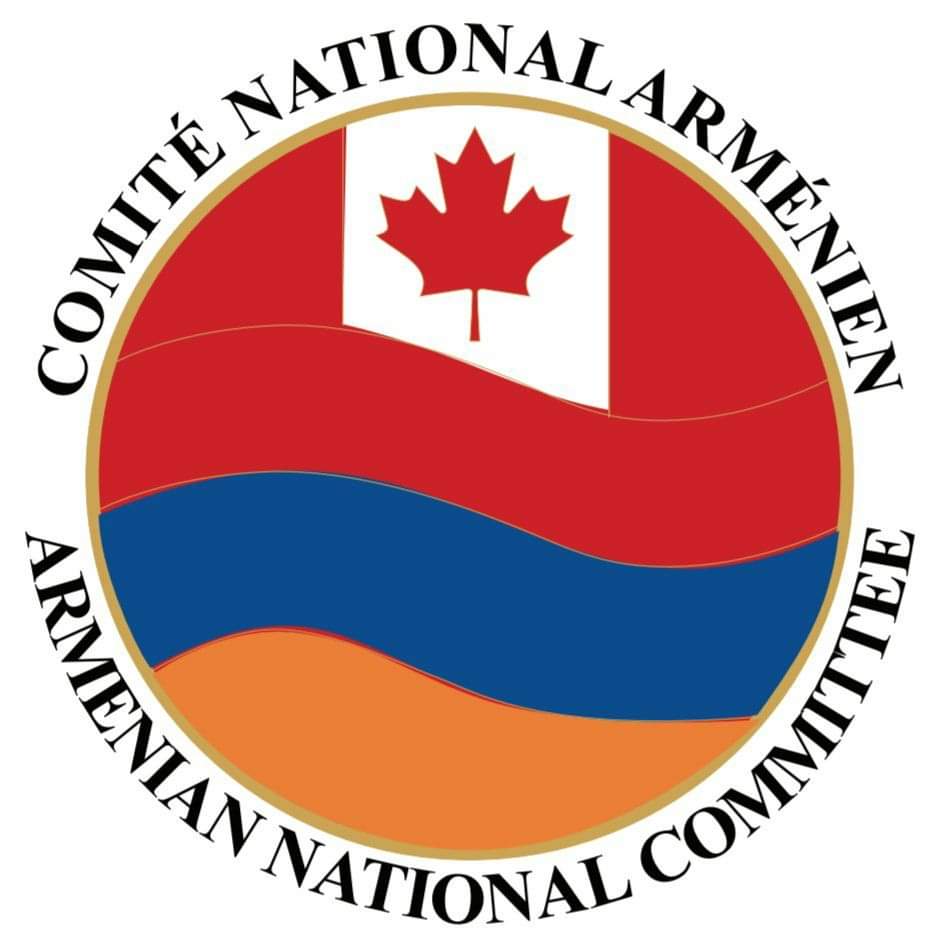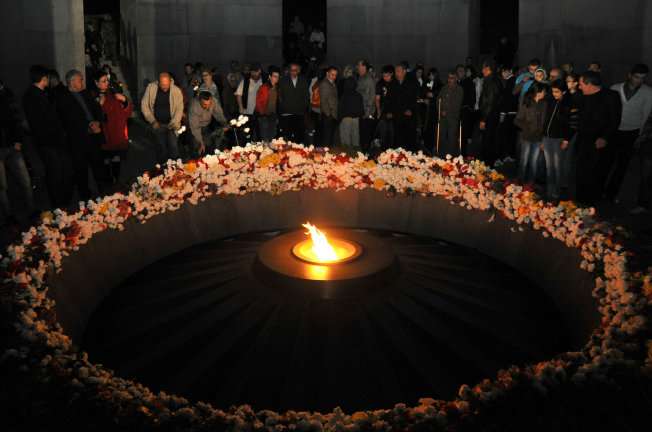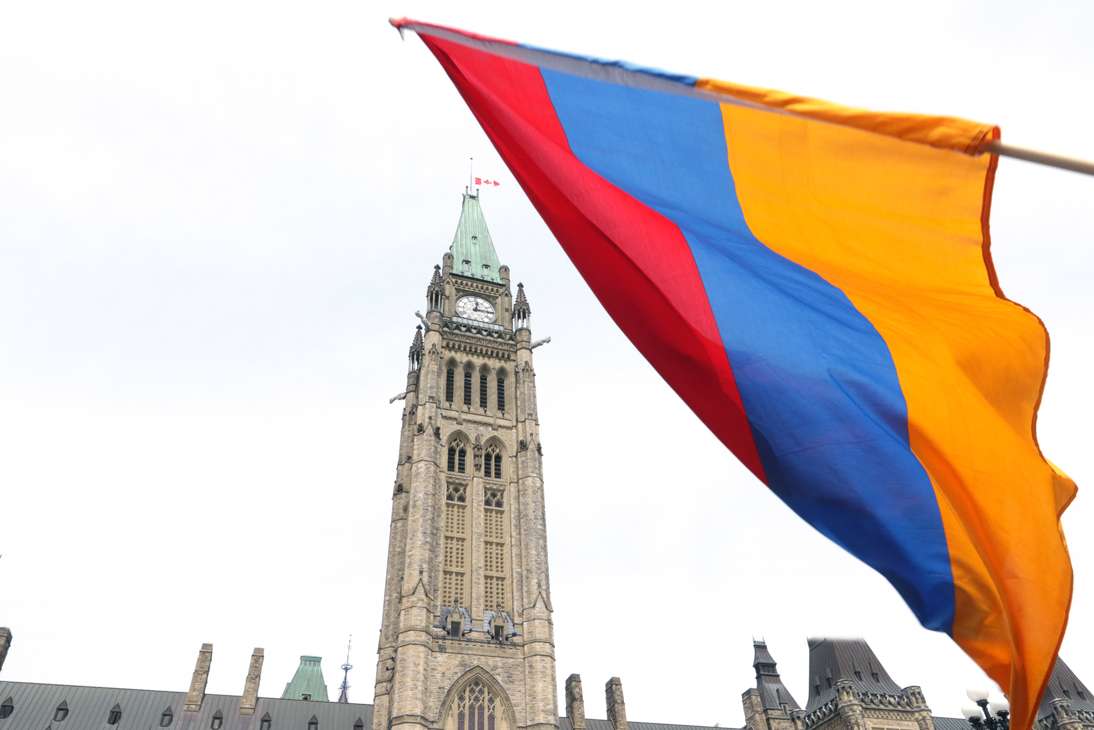Source: FRANCOIS-PIERRE CARTOLANO, princearthurherald.com
Last Thursday marked the 99th anniversary of the Armenian Genocide. On that fateful day back in 1915, Ottoman authorities in Constantinople initiated a wave of arrests against Armenian intellectuals. These detainments were rapidly followed by the forced expulsion of Armenians living in Turkey: wishing to “relocate” them (a sinister euphemism used many times in the last century), the Ottoman parliament passed a law effectively expropriating Armenians from their homes. Approximately 1.5 million innocent people were then tragically killed through numerous violent and barbarous acts committed by the Ottoman military, including the infamous death marches through the Syrian desert.
By employing callous murder, the Ottoman Empire had thus aimed to solve its “Armenian Question” (i.e. the protection and level of autonomy of Armenian communities) which had been a contentious national and international issue since the late 19th century.
On the loser’s side in World War I, the Ottoman Empire never answered for its responsibility in the extermination. Following the Armistice of Moudros in October 1918 (akin to Germany’s Armistice on 11 November), the Ottoman Sultanate tried to prosecute leaders of the Committee of Union and Progress (that had taken power in 1913 through a coup d’état and masterminded the genocide), alas to no avail. The Allied powers also attempted to bring the guilty to justice. They tried to organize military tribunals, a condition of Ottoman capitulation, but this effort floundered. The political instability that followed the war led to the Ottoman Empire’s dissolution in 1923. The Republic of Turkey, the Sultanate’s legal heir, still refuses to recognize that genocide did take place in 1915.
The importance of recognition
To this day, 21 countries (including Canada) and numerous regional governments (including Quebec) recognize the Armenian Genocide. Unfortunately, many nations, chief among them Turkey, refuse to pass a motion identifying the 1915 events as they really are. Because it is a question of human decency, recognition is important and ever so relevant. The horrific events that took place 99 years ago were pure evil. Recognizing this calamity, and others like it, is an obligation for every modern society that wishes to further global peace and stability. Acknowledging the genocide is thus a pledge to uphold basic human rights.
Next year’s commemorations will bring even more coverage to the tragedy of 1915. The centennial will be a historic occasion for countries in denial to rethink their dogma. In that sense, last Wednesday, Turkish Prime Minister Recep Erdogan issued official condolences to the grandchildren of the genocide’s victims. By no means an apology, nor recognition, it is better than the usual cold silence from Turkey on the matter. This gesture must become the stepping stone for a genuine Turkish introspection. Ankara should take the opportunity that has presented itself to abandon its image of a resolute naysayer.
By officially recognizing the Armenian genocide, Turkish officials will reap more rewards than they imagine. For starters, they will soothe their country’s entry process into the European Union (although not a prerequisite, genocide negation is strongly condemned by many European countries including France whose current President, François Hollande, urged Turkey to rethink its denial back in January). Furthermore, they’ll undoubtedly pave the way for normalization in their diplomacy with Armenia, as the two countries haven’t had any official relations since the latter’s independence in 1991.
Above all, recognition would bring closure and some justice to this unresolved human rights issue. The souls of the lost deserve this modicum of decency. Recognition will be a clear message that genocide and other horrendous crimes against humanity are not tolerated by the international community. Prime Minister Erdogan should ask himself: is it better to be remembered as a mute or as a man that accepted his responsibility in this hour of destiny? Each day that goes by without full recognition is a stain on humanity’s pledge of “never again”. For those who oppose remembrance must forever suffer posterity’s penance.
http://princearthurherald.com/en/politics-2/never-again-667



